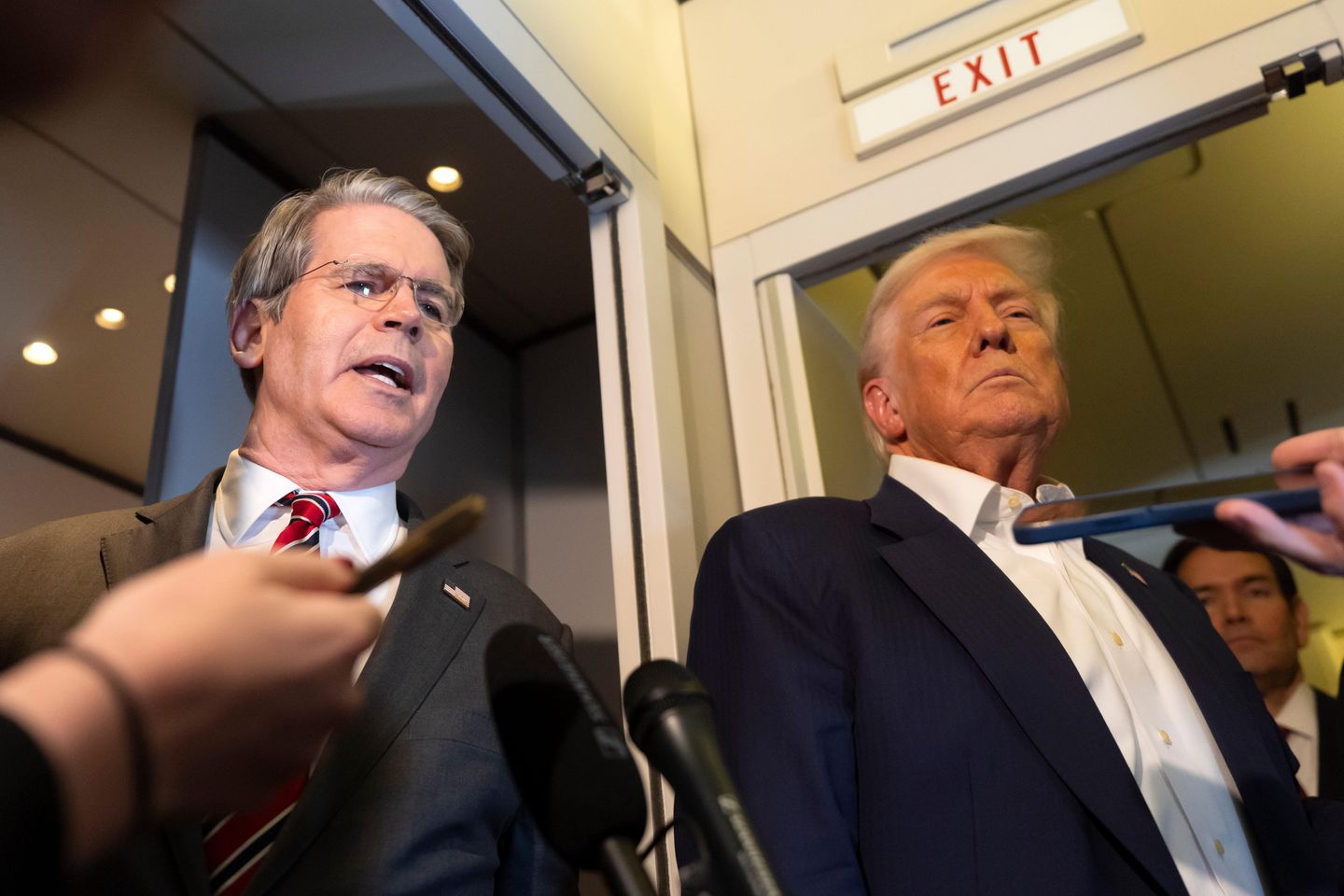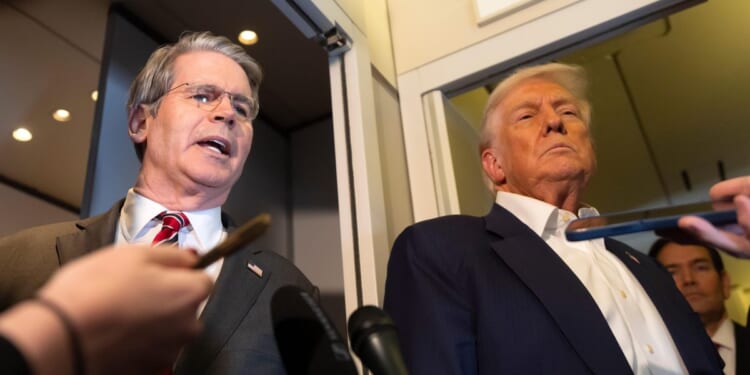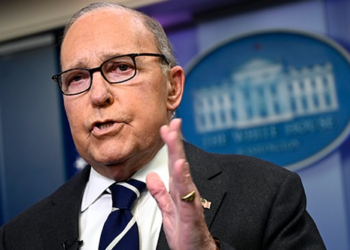
Treasury Secretary Scott Bessent said President Trump inherited an inflation mess and is fixing it with policies that will ease price increases and raise wages.
Mr. Bessent, speaking on MSNBC Tuesday, one week after Democrats won major elections that focused on affordability, bet voters will see progress heading into the 2026 midterms.
“We inherited an affordability crisis,” Mr. Bessent said. “We have slowed the price increases down, and they are going to continue to go down. Real wages will go up, and that will address the affordability issue.”
Mr. Trump faces pressure to deliver lower prices after running his 2024 campaign on a pledge to lower inflation.
The latest Consumer Price Index showed inflation running at 3% on a year-to-year basis, or about a full point above the Federal Reserve’s target of 2%.
The Democrats’ election victories came in Virginia, New Jersey and New York City after focusing on affordability, making it the biggest buzzword in politics.
Following the outcomes, Vice President J.D. Vance said his party would remain focused on costs.
“We inherited a disaster from Joe Biden and Rome wasn’t built in a day,” he wrote on X. “We’re going to keep on working to make a decent life affordable in this country, and that’s the metric by which we’ll ultimately be judged in 2026 and beyond.”
Mr. Bessent said there’s been progress in some areas, including lower gasoline prices and better mortgage rates compared with when Mr. Trump was inaugurated.
The secretary said states have significant control over energy prices and that blue states should reconsider their opposition to natural gas pipelines if they want to lower their residents’ bills.
More broadly, Mr. Bessent said the president’s agenda will spur a manufacturing boom in the U.S. as firms move operations to avoid tariffs and take advantage of tax provisions to build factories in America.
He also said revenue from the tariffs will stabilize the country’s balance sheet.
“We have brought down the budget deficit,” Mr. Bessent said. “As you bring down deficit spending, inflation will come down.”
Mr. Bessent has said the tariffs will ultimately become less necessary as companies create new jobs in the U.S.
“We take in substantial tariff income, over time, that will rebalance as factories move to the U.S., and that will become corporate income or wage income,” he said.
Critics of Mr. Trump’s tariff framework say the burden falls on American entities that import goods and must pay the tariff to customs. In some cases, the cost is passed along to consumers.
Mr. Trump and Republican allies are considering a plan that would take some tariff revenue and distribute it to low- and middle-income Americans.
“We’re going to issue a dividend to our middle-income people and lower-income people, about $2,000. And we’re going to use the remaining tariffs to lower our debt,” Mr. Trump said Monday.
Budget watchdogs are casting doubt on the plan, saying checks of that amount would likely exceed the revenue from Mr. Trump’s new tariffs.
The proposal would also require an act of Congress.
Sen. Josh Hawley, Missouri Republican, this year introduced legislation to give $600 tariff rebates to nearly all Americans and their children.










